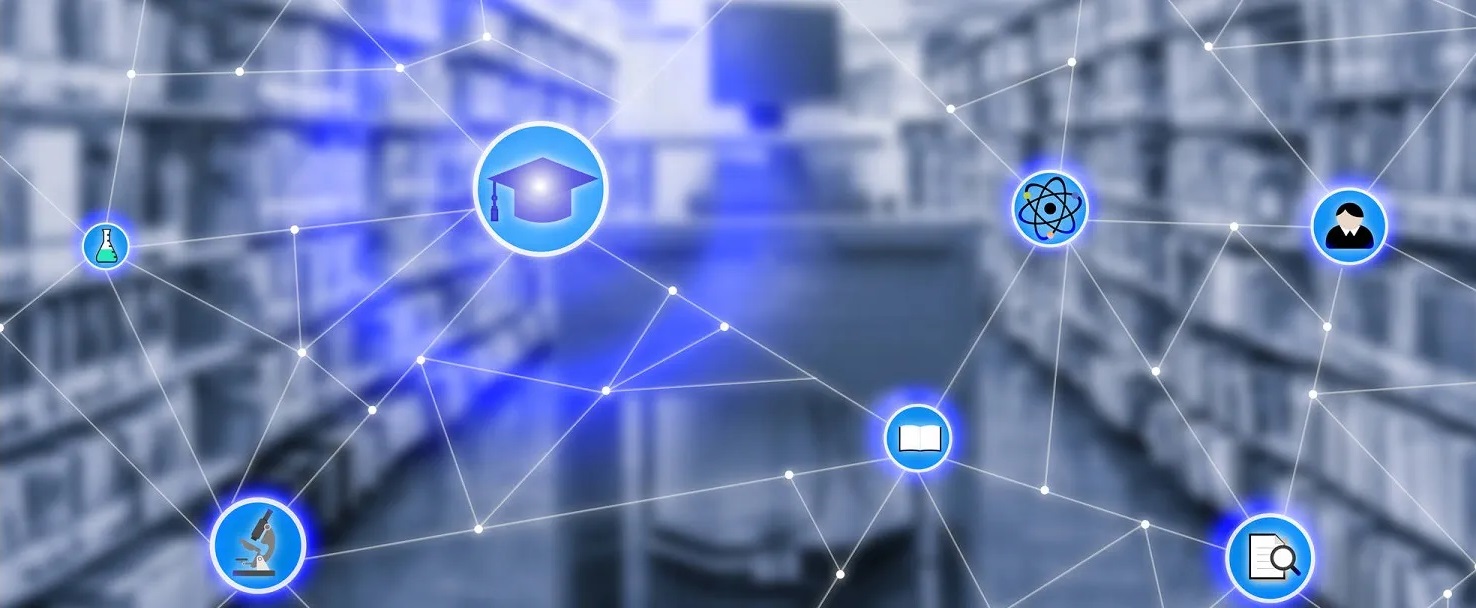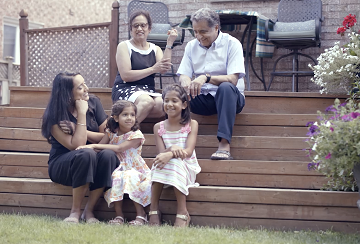

Meet Ashok. In this video, we follow his journey as a cardiovascular patient, as he learns how to manage his condition. From understanding his diagnosis, to lifestyle changes, Ashok’s experience highlights the importance of clear communication and education for patients with cardiovascular disease. Watch Ashok’s story below on the importance of access to information.
I'm a CPA and a chartered business evaluator, happily married for 44 years now. And this is my daughter. I'm here to share our story today because I believe it's really important for everyone to have deep understanding of their bodies and their own health.
Our family history has been everybody passed away because of cardiac problems.
15 to 20 years ago when in one of my checkups, my blood pressure was pretty, pretty high. I was put on medication and they were monitoring me every year. I was referred to a cardiologist at Sunnybrook and he said I had two blockages, which were about 90 to 95%.
They said that the calcification was pretty severe. And that got me very, very upset because they should have at least noticed that it was increasing. It kind of felt like things went off the rails. So at that point, it meant educating my dad and it meant breaking it down, You know, created a Google doc to understand what medications are you prescribed.
But more importantly, what's the dose you are taking? It was difficult to find the right resources. Diet, for example, we have a South Asian diet. We eat dal and rice and those sorts of things that guess what, aren't represented on a sort of American or Canadian diet form.
Ultimately we were able to get my dad a better, more active, more patient centered cardiologist. This particular cardiologist really knew how to speak to my dad, explain things for folks that don't have access or know even where to start. I can completely relate to why some families just say, what's the point? But being able to empower each family, no matter what role they hold, I think is the key to prevention.
That starts with access to information. I feel fantastic. I feel great. And I feel very optimistic.